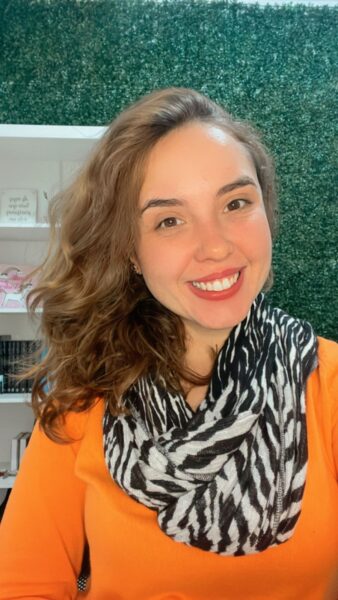Naming what was happening to me was a relief
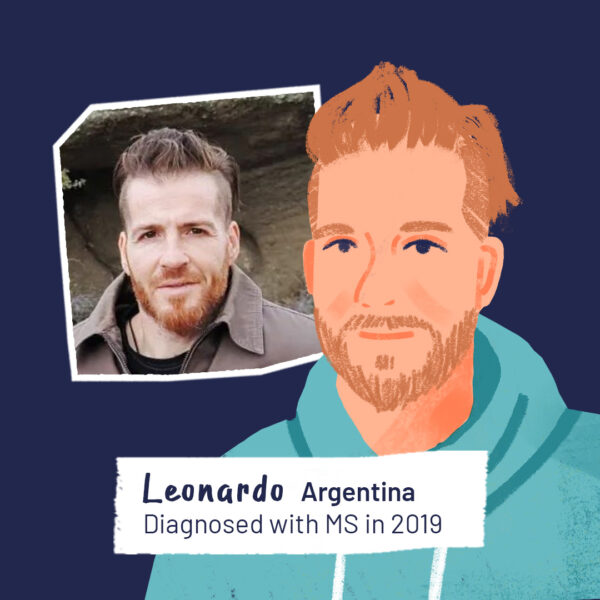
Leonardo from Argentina remembers the road to diagnosis as a time of great uncertainty. When he was finally diagnosed with MS, he felt both shock and relief. Now he could put a name to the symptoms and find out how to move forward. Read his story:
“My name is Leo and I live in Buenos Aires, Argentina. I am 42 years old. I am an insulin-dependent diabetic since I was 23 and I have had primary progressive MS since 2019, for 4 years.
Despite having diabetes since 2003, I had never had any physical problems. Only in 2015 did I began to feel tingling in my legs and started to have walking difficulties. I had no balance. It was difficult for me to walk, I stumbled. I always related it to my not very good diabetes control. In 2017, these problems began to increase, and increase. I didn’t have good bladder control anymore. A urologist diagnosed me and recommended I see a neurologist.
In early 2018, I go to see a neurologist. He starts doing a series of exams. Nothing clinical but exams like walking on a line. I already had no balance, I stumbled more and more. I even fell walking down the street. But the neurologist related it to my diabetes and asks me to see him again in 6 months. When I come back to see him in 6 months, I already needed a cane to walk.
The doctor realized it was something else. He does a series of studies but doesn’t give me a diagnosis. He refers me to the head of his team, a neurologist specializing in demyelinating diseases. By this time, I couldn’t manage with just one cane, I had started using a cane in each arm.
I remember it was a time of a lot of uncertainty because I didn’t have a diagnosis, I didn’t know what I had. My mind would wander and think the worst things. I would search on the internet and read things that I didn’t like. It was a time of a lot of stress.
Fortunately, I always had the support of my family. My parents and my partner supported me from the very beginning. They looked for alternative solutions and accompanied me to the doctors. In that sense I was very supported, when I started doing a series of studies with my new neurologist like lumbar punctures. I started to find more tranquillity because it was like we were heading towards a diagnosis. My neurologist gave me confidence he always supported me. He explained little by little what we were doing why we were doing it.
Finally, at the end of 2019 the doctor gave me a diagnosis of primary progressive MS. Obviously, it had an impact and it was a shock. But it also generated relief to know what I had, how to treat it, how to face it. To start to meet people who had it and see how they were handling it. Naming and putting a face to what was happening to me was a relief.
Obviously, it still had an impact in the subsequent days, I would cry or vent in some moments. After all the stress that had practically taken a year and a half to get the diagnosis. But I think that I accepted the diagnosis and took it with a positive attitude.
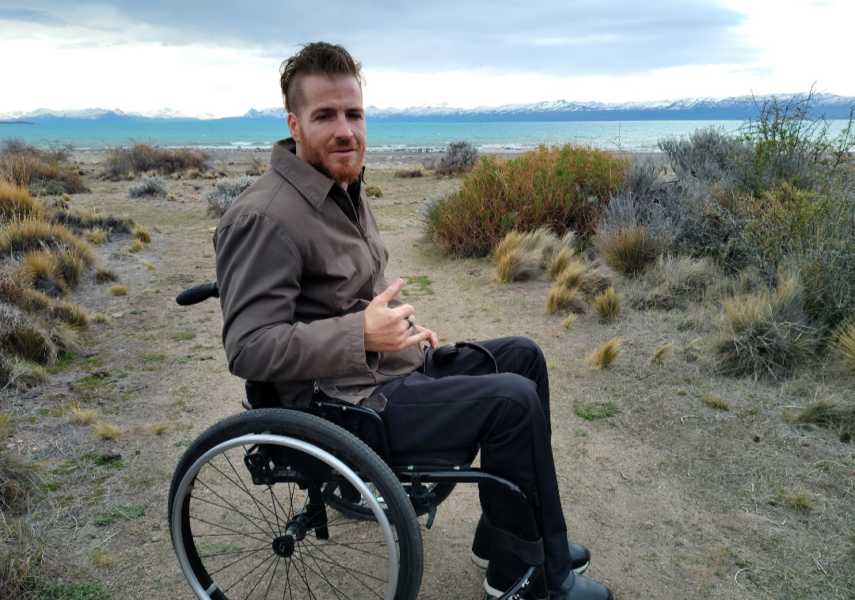
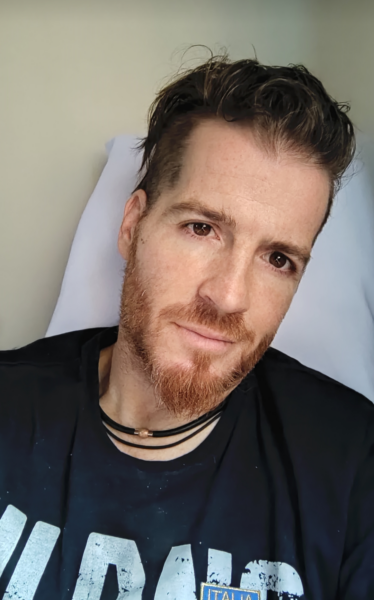
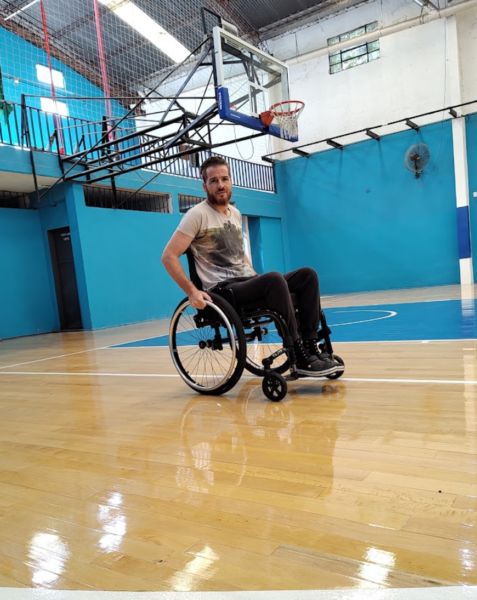
Right away, I started with treatments. I get an infusion every 6 months, physiotherapy and occupational therapy. Beyond this, my condition continued to progress, I started walking with a walker. Then in 2020, with the pandemic I started using a wheelchair. From that moment until today, I manage myself in a wheelchair. I can stand with assistance and in physiotherapy, taking a few steps with supporting myself on the side bars. But if I’m not holding on, I don’t have the stability to stand. I think that day to day for me is a challenge. But I like challenges, I like to feel that I can overcome them.
After the diagnosis, I was living alone but today I live with a partner. I do household chores, I make the bed, I cook, with all the effort that it can take me. It brings personal satisfaction when I feel that the goal is accomplished. I recognize it’s a bit hard for me to ask for help. I like to be independent but when I need help I ask for it.
The barriers I encounter are mostly structural since I’m in a wheelchair. The world is not so accessible. For example, I’ve had to go on vacation to places where there is no ramp or in places where there are ramps but they are extremely steep. Like thousands of things that perhaps are difficult but they can still be enjoyed. I also take it as a challenge. I like to share them on social media because maybe we’re not used to seeing someone with reduced mobility doing different activities like. If this can help someone else, so be it. Well, I hope my testimony helps you.”
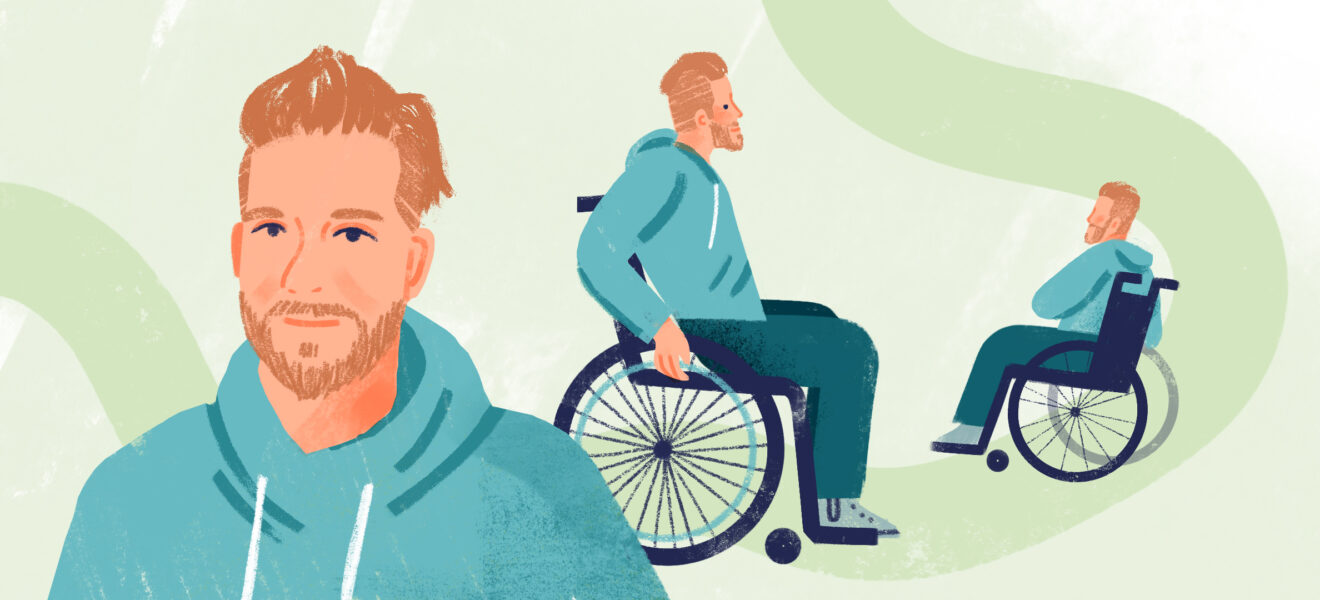
Leonardo was one of the incredible contributors of the My MS Diagnosis animation. You can hear his voice and see his story animated below. Our thanks to Leonardo and the Asociación de Lucha Contra la Esclerosis Múltiple in Argentina.
Related news
Jessica from South Africa looks back at her diagnosis, reflecting on the challenges she faced and the process of adapting…
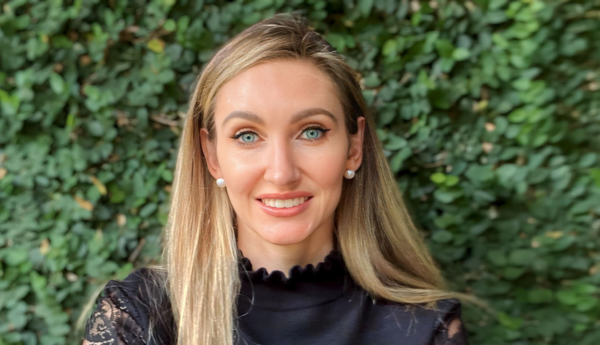
It took ten years for Kanya from Indonesia to finally be diagnosed with MS. Kanya opens up about a decade…

MS affects children as well as adults, with at least 30,000 people under 18 living with MS. Beatriz from Brazil…
